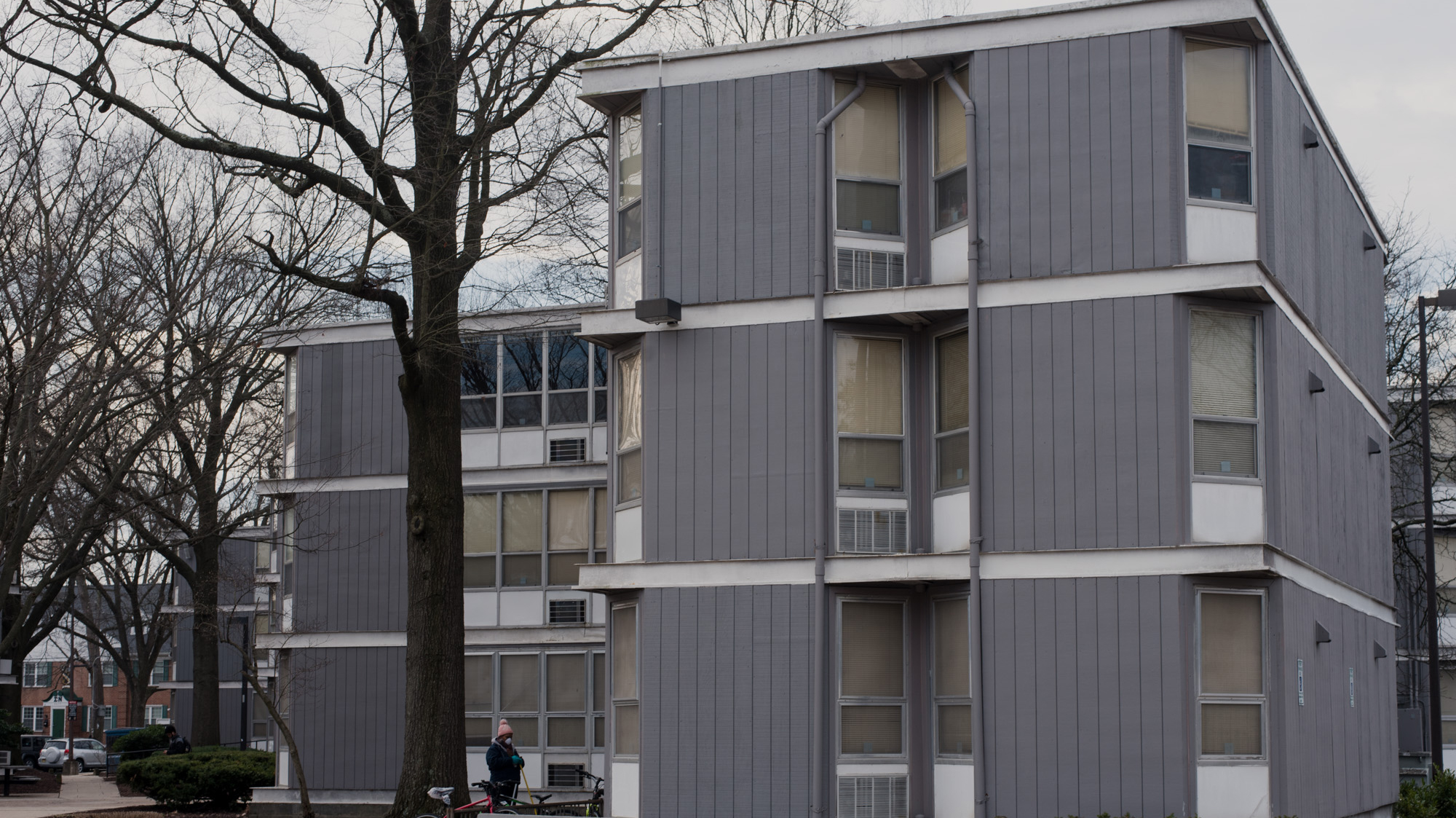With at least 3,000 students traveling away from the campus for the weeklong spring break, it’s unclear what campus COVID-19 cases will look like upon their return. But people who work for the University of Maryland’s quarantine and isolation housing program say that if there’s any coronavirus surge after break, they’ll be prepared.
“I think there will be some kind of a spike, I’m not losing sleep over it right now,” said Tom Flynn, director of conferences and visitor services at this university, who noted that the school has already seen outbreaks in coronavirus cases in the fall and in February. “We’re just busy preparing for what we know we can control.”
Students who left the campus over break are required to get tested within 72 hours before returning, according to a campuswide email from Health Center Director Dr. Spyridon Marinopoulos. All classes will be online for the two weeks following break.
Heidi Biffl is a case manager for students in quarantine and isolation housing and she is responsible for checking in with the students frequently throughout their stay. Isolation housing is for students who test positive for the virus and quarantine housing is for students who are exposed to it.
Biffl pointed to university precautions that require a negative coronavirus test three days prior to arrival on the campus and two weeks of online classes after break as evidence that the university is prepared for whatever may come.
[UMD students adjust to increased campus COVID-19 testing this semester]
“I think we have some more experience under our belts, so that we know what we have to do and are making sure it happens,” she said. “It’s really a matter of how faithful were you when you were out there and how safe are you coming back.”
Wallace Eddy, who is on the Division of Student Affairs’ Response Team, coordinates the quarantine and isolation case managers. He said that students could pick up other, more transmissible variants of the virus while traveling. Dr. Marinopoulos said in the campuswide email that the more contagious UK coronavirus variant had been found on the campus.
“We really won’t know what to expect until we get into the massive testing that is required when we get back to campus,” he said, adding that spring break is “a bit of wildcard” because students and faculty travel.
Jason Gurganus, who runs Dining Services’ program to distribute food to students in quarantine or isolation housing, also said that they’re prepared to manage a jump in COVID-19 cases following spring break, if there is one.
“Once we get back, we’re planning there to be some bump just based on our educated guesses,” Gurganus said. “Being in food service, we don’t have the luxury of kind of playing it safe sometimes; we have to be overprepared and know that we might get hit hard.”



